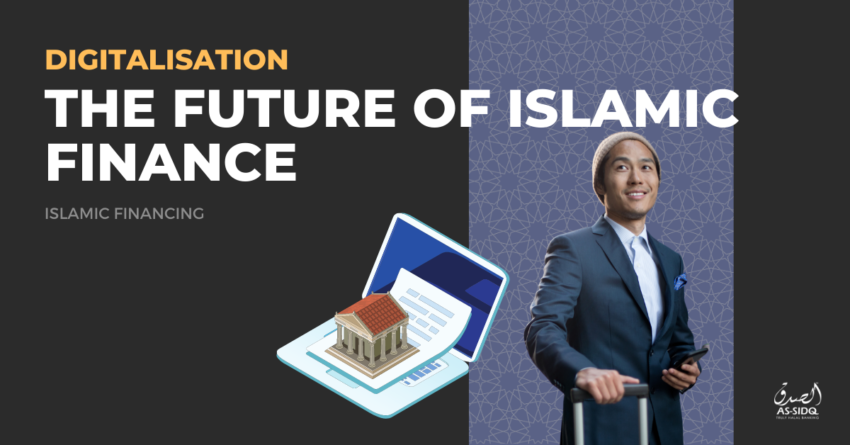If you have read any previous articles on this blog before, you will know that Islamic finance is a booming industry. Over the past decade, it has grown at an exponentially high annual rate of between 10-12 per cent. Sharia-compliant financial assets may include banking, capital markets, money markets, and insurance. In fact, its total value in 2015 was estimated to be around USD2 trillion.
The industry, of course, has Malaysia to thank for this surge. The country first introduced Islamic banking in 1983. Since then, multiple policies and initiatives have been brought forth to strengthen the entire Islamic finance ecosystem. Bank Negara Malaysia (BNM), has set a target for Islamic finance to form 40% of total banking assets by 2020.
It is no surprise then that Thomson Reuters has recognized Malaysia as the most developed Islamic financial market for five consecutive years. Our country also placed first in the international Islamic finance leadership rankings, according to the Index of Islamic Finance Countries.
But to keep on growing, the industry needs to embrace an important challenge – digitalisation.
The future is digital
A digital revolution is currently taking place. Subsequently, the landscape has become extraordinarily demanding and competitive for banks. An increased number of solutions and unprecedented innovation has emerged. Among them are blockchain, Big Data, application programming interfaces, and process automation.
Competition is fierce in the financial industry. Therefore, Islamic banks need to invest in digital infrastructure to attract market share from their conventional peers.
The adoption of new technologies into trade finance will transform the sector. It will also help to lower costs, speed up sharia-compliant transactions, and expand operational footprint.
Such solutions offer different Islamic structures and financing options for any underlying trade transaction with streamlined and standardised documentation. Cash flows can be viewed, controlled, and access across their different accounts and countries. Additionally, they also provide risk-mitigation tools.
Fintech players
According to a recent Bloomberg Intelligence (BI) report, there are 93 Shariah-compliant fintech start-ups around the global. 70% of this amount is focused on peer-to-peer solutions to facilitate consumer and business financing. 14% of the identified group are blockchain-based solutions. They are largely made up of cryptocurrencies versus smart contracts.
Takaful technology is considered as a “promising area”. It is able to enhance claims handling, pricing, product design and distribution channels.
There has been high adoption within Islamic fintech start-ups of peer-to-peer crowdfunding that targets real estate, and small and medium enterprises, the report added.
Yet, there are still untapped opportunities. Amongst them are the use of big data and AI for Islamic financial services, as well as blockchain solutions in areas such as trade finance.
A solution in Malaysia
Sedania Innovator has introduced As-Sidq, a Tawarruq commodity trading system for Financial Institutions. As a one-stop solution, the system assists FSIs to market, identify, and approve Islamic Financing. The trading systems can utilise telecommunication airtime credit as the trading commodity. This makes the trade more accurate, real-time and independent of Bursa.
Benefits include 24/7 and branchless operations with a disbursement time of under 10 minutes. Administrative operation time can be reduced by over 60% to approximately 3 man-hours per transaction.
As-Sidq is Sedania’s proprietary, patented software platform. It is robust and scalable. It has a proven track record of over RM37 billion accumulated transaction value. The fully-Sharia compliant service is easily integrated into the existing system and processes via API. It is also currently utilised by over 40 financial institutions in Malaysia.
Its web-based B2B trading platform helps reduce workload by over 50% and increase loan processing by over 20%.


